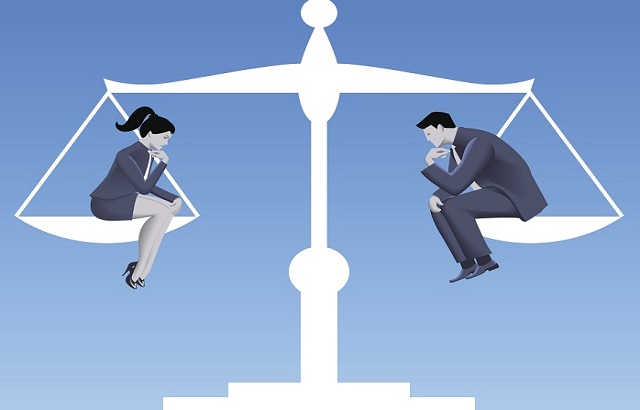Pension schemes may be facing massive economic liabilities following a recent high court ruling on gender equalisation.
The case follows up from the one in 2018 involving Lloyds Bank, which decided that schemes needed to balance pensions for the effects of the Guaranteed Minimum Pensions (GMPs) between men and women, as they had different retirement ages at the time.
The decision on 20 November 2020 is an extension of the same case, as the high court ruled that not only pensions should be equalised, but so should defined benefit (DB) transfers paid from 1990, as a result of GMP equalisation.
This means that pension schemes could be forced to revisit any transfer paid since 1990 to see if any of their members are owed money.
David White, managing director at QB Partners, explained to International Adviser that the potential top-up payment should be calculated as the shortfall between the original transfer payment and what would have been paid if benefits were equalised at the time, on top of interest in line with bank rates and an additional 1% a year.
Compensation
“While this is a huge plus for equal rights and another step forward in narrowing to gender pay gap, it will cause a headache for pension scheme employers, trustees and administrators, not least in respect of explicit cost and liability, but also in terms of workload – which will lead to further costs,” White said.
“Included in the difficulties will be the fact that in some schemes the data may no longer exist – as cases will need to be reviewed back to 1990 – and in others the costs of calculating the payment due and getting in touch with scheme members may exceed the benefit to them.
“There may be some problems in making the top-up payment, such as where the receiving scheme no longer exists, or is unwilling to accept the transfer, or if the member no longer has benefits in that scheme.
“In these cases, trustees will need to agree with the member how to compensate them for the original shortfall.”








